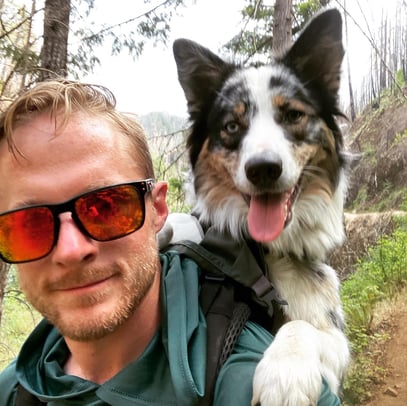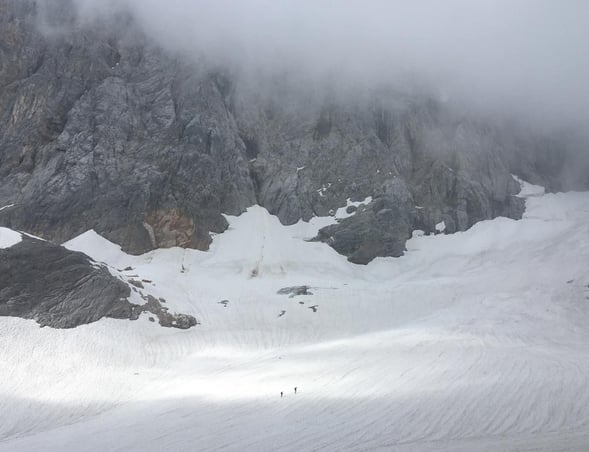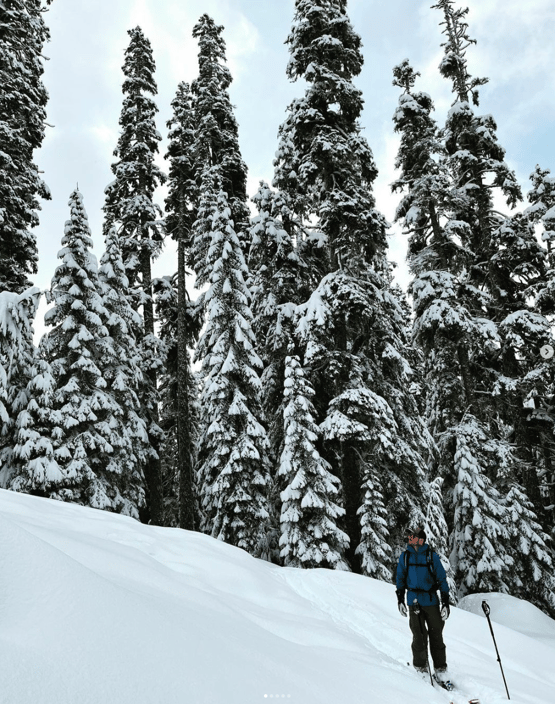My Story
I grew up just outside of Portland, Oregon with most of my free time spent on Mt. Hood Meadows skiing during the winter, and hiking the Coastal Range during the summer.
I enlisted in the Marine Corps after high school as a combat engineer for six years. During my enlistment I earned a bachelors degree at Northern Arizona University.
I followed my childhood dream of becoming an officer in the military and earned a commission in the Army after my time in Flagstaff.
After five years in the Army, I followed my new obsession of climate change and its effects on humans, societies, and the natural environment. That path took me to the University of Washington to earn a Masters of Forestry with an emphasis on urban forestry.
I'm now fortunate enough to work as an urban forest sustainability planner to develop management plans that make the cities and towns most of us live in better suited for people and the environment.


Who I Am
I ask that same question on a regular basis, just like everyone else. I still don't have the answer, and I've come to accept that I won't ever be able to answer that question. What I can do is show the past and express what is important to me, now.
Why I Switched Careers
My revelation came to me in when I was in Iceland. Where I discovered that glaciers used to almost touch the Ring Road (the highway that circles the island) only now they're several kilometers inland. Several months later, I was in Germany summiting their tallest peak, Zugspitze, only to find that their last remaining glacier was only several hundred meters long, and shrinking. That's where my environmental fire ignited and I knew I had to make a change, starting with myself.


Why Urban Forestry?
I started reading and researching ways to change my lifestyle that was less carbon intensive. From eating less meat to driving less, I was being the change I wanted to see. However, most of my life I lived in cities that prioritize the built environment and traffic throughput as their top priority. My first attempts at commuting any method other than driving was dangerous, inconvenient, and just felt like I was fighting the very structure of the city.
When I moved to Seattle, I had my first car-light and eventually car-free living. I noticed that on walking or bike riding, I would avoid roads with lower canopy, and find routes that were more aesthetically pleasing. The common denominator, the number of trees.


What Drives Me Now?
I want to live, work, and play without the requirement of a motor vehicle and I want others to have the freedom to choose that option as well. I'm fortunate enough to be in a position as an urban forester to influence city planners, and community members that creating space for more trees, protecting existing trees, and creating cities on a human scale, not the automobile scale, is the most beneficial for communities from a health standpoint, economically, and sustainably.


